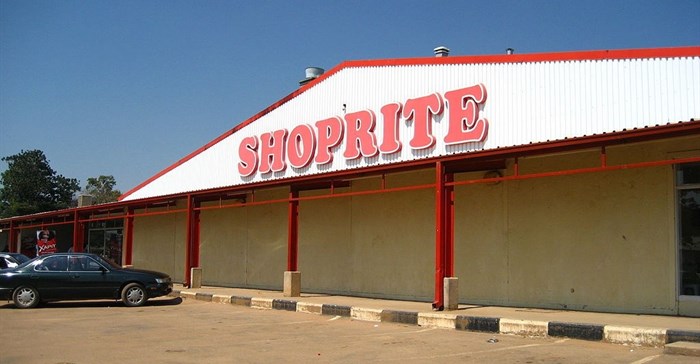
Top stories






More news














Logistics & Transport
Maersk reroutes sailings around Africa amid Red Sea constraints


Tuesday's announcement renewing the joint cautionary issued seven weeks ago provides no additional details and suggests that Christo Wiese, the controlling shareholder in both entities, is having difficulty persuading the main minority shareholders of the benefits.
"From the start there have been concerns about the pricing of this transaction but there are a number of ways of dealing with those concerns, such as creating equity instruments that are more palatable to minorities," said analyst Syd Vianello.
It was important that Wiese got the support of the fund managers, he said. If Wiese wanted to keep the fund managers onside he might not want to push the prickly issue of his vote in the transaction. There is growing speculation the JSE could rule that Wiese is not a related party and can therefore vote his shares on both sides of the transaction.
Shareholders may also be waiting for Shoprite's interim results, due out in about two weeks. The trading update released in mid-January pointed to a stronger than expected performance from the group's local and African operations.
Meanwhile, Steinhoff stirred things up for shareholders of US-based mattress maker Tempur Sealy this week when it cancelled Tempur Sealy's contract with Mattress Firm, which was acquired by Steinhoff in 2016 for $3.8bn.
The Tempur Sealy share price slumped almost 30% on the news that the company had lost its largest and most profitable customer when it refused to accept "significant economic concessions" (price cuts) to the terms of the agreement. It supplies around 40% of Mattress Firm's requirements.
Source: Business Day

For more than two decades, I-Net Bridge has been one of South Africa’s preferred electronic providers of innovative solutions, data of the highest calibre, reliable platforms and excellent supporting systems. Our products include workstations, web applications and data feeds packaged with in-depth news and powerful analytical tools empowering clients to make meaningful decisions.
We pride ourselves on our wide variety of in-house skills, encompassing multiple platforms and applications. These skills enable us to not only function as a first class facility, but also design, implement and support all our client needs at a level that confirms I-Net Bridge a leader in its field.
Go to: http://www.inet.co.za